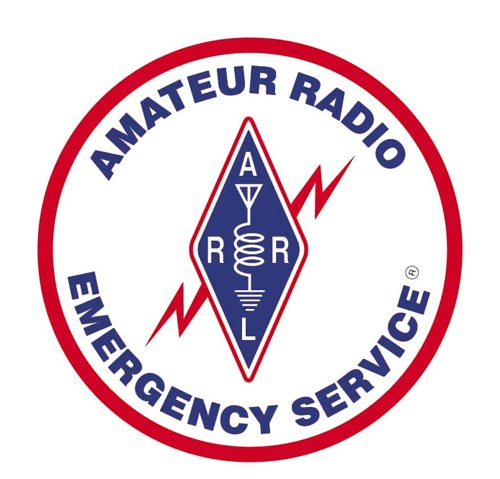This letter is from Bob Turner, W6RHK, ARRL Orange County Section Emergency Coordinator:
May 30, 2014
Dear ARES Volunteer:
In an article by Mike Corey, KI1U, Emergency Preparedness Manager for the ARRL, in the June issue of QST he emphasized the public service aspect of the Amateur Radio Emergency Service (ARES). This article has caused some misconceptions regarding the future of the Amateur Radio Emergency Service (ARES) and I have received several inquiries from our Orange Section ARES volunteers regarding what this emphasis on public safety means for our organization. I reached out to Mike to get some clarification on the future of ARES.
This is what Mike has to say on the subject of public service and the future of ARES:
“Nothing is changing with ARES; it’s mission, name, field organization titles, etc. are all staying the same. The support ARRL gives to the emergency communications community is not changing. We continue working with organizations such as the Association of Public Safety Communications Official and the National Public Safety Telecommunications Council to make sure Amateur Radio has a strong voice. Additionally we are continuing our work with FEMA, National VOAD, the National Weather Service, the National Hurricane Center, and American Red Cross. And we are continuing to expand partnerships and look for resources and tools that can be used out in the field for ARES work.â€
As I read the article I see that he was acknowledging the “more” of what ARES performs as opposed to the “less”. Terminology regarding Disaster, Emergency, and Public Service has been better defined over the years, but our work really has not. ARES offers THE most robust communications system in the nation. No other organization has the capabilities that ARES has now, or will continue to have in the future.
In a presentation I give occasionally entitled “What is the Amateur Radio Emergency Service; and Why do you want to talk to those guys anyway?†I describe how a lone amateur radio operator, registered as an ARES volunteer, may contribute to the public by simply turning on their rig when an event occurs; at that moment they are activated. It is that lone ARES volunteer that can report what is occurring in their neighborhood, outside their window. Those operators inside an affected area stand ready to support their community by reporting to those groups outside the affected area. No other organization has the capability to do that, and that is PUBLIC SERVICE.
I know that there are ARES units throughout the U.S. that support their government agencies, but to organize, train, and only respond in support of their government is a disservice to their community, and to the ARES organization as a whole. There is no shame in acknowledging that ARES works in the interest of Public Service.
ARES is the leader in communications when disaster strikes, or any other time communications, for the public service, is required. We have done it longer than anyone else and do it better than anyone else. So please rest assured that the ARES organization is not undergoing a radical change, no one is being demoted, nor is our mission changing:
“The Amateur Radio Emergency Service® (ARES) consists of licensed amateurs who have voluntarily registered their qualifications and equipment, with their local ARES leadership, for communications duty in the public service when disaster strikes.â€
73,
Bob Turner, W6RHK
Orange Section Emergency Coordinator


When an amateur radio operator’s gear is turned off but it is ready, batteries are not delivering current but they are charged, when his/her antenna may be down because of CC&Rs but it is easily accessible, when the VHF/UHF gear is off but programmed to the appropriate frequencies, when the Ham has trained himself in EmCom and ARES procedures, he/she is an emergency communicator. Many people have entered the Ham ranks in recent years (and we wholeheartedly welcome them) just to be able to communicate with their family in case of an emergency and/or disaster and to be able to listen in to emergency communications to get information. While we greatly appreciate they may participate occasionally in public service, they are not emergency communicators. I just hope that the service of those who, to one degree or another, have taken the time and expense to be prepared for emergency service will not get lost in the greater cloud of public service.